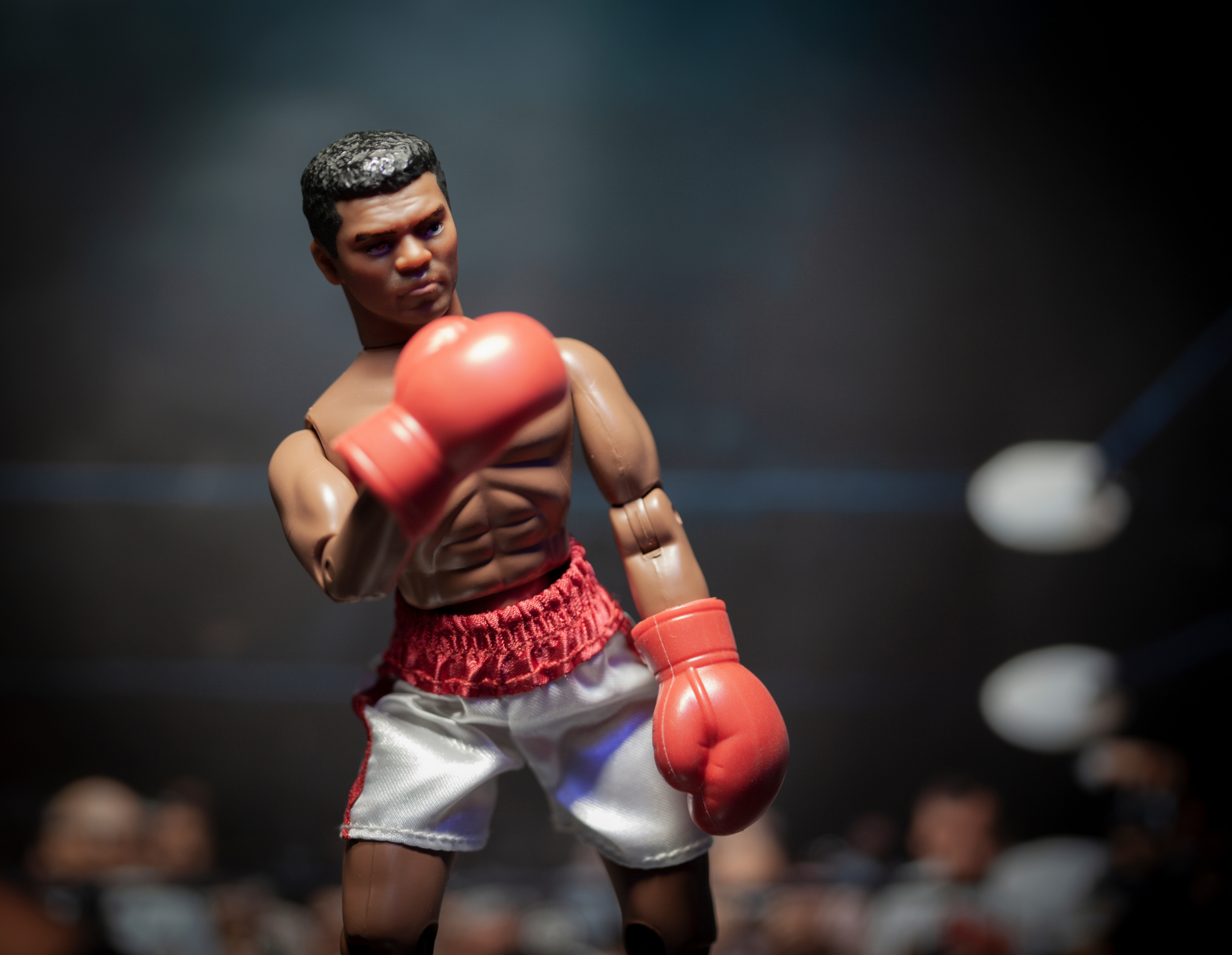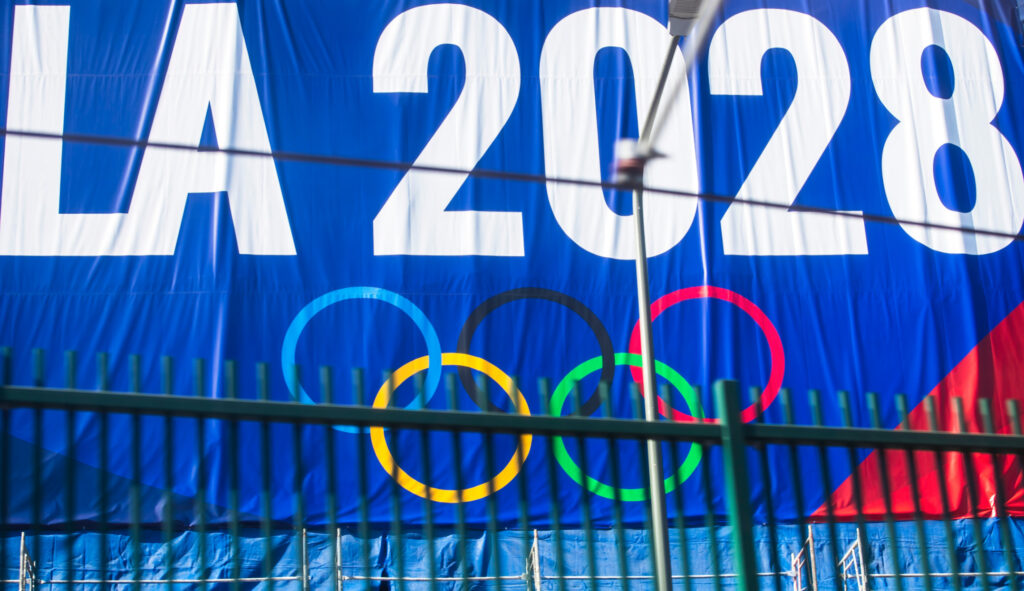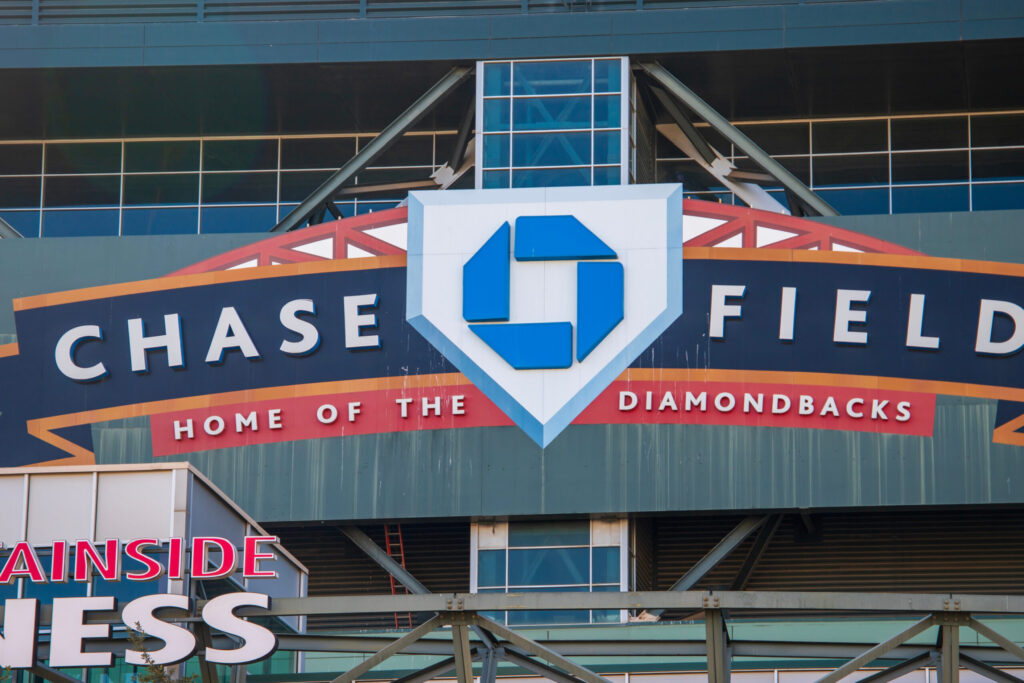“Get Up and Fight”: World’s Largest Muhammad Ali Statue Unveiled in Lewiston, Maine Near Site of Historic Knockout

Nearly 60 years after Muhammad Ali’s lightning-fast knockout of Sonny Liston put this small mill town on the global map, Lewiston once again found itself in the spotlight—this time, to honor Ali with the world’s largest statue of the boxing legend.
On May 31, a 10-foot bronze monument of Ali was unveiled outside Bates Mill No. 5, just steps from the site of his iconic 1965 rematch with Liston. Crafted by renowned Philadelphia sculptor Zenos Frudakis, the statue doesn’t just capture the physical presence of the man known as “The Greatest”—it reflects the depth of his spirit and the resilience he came to symbolize.
“This sculpture reflects Ali’s grace, strength, and moral courage,” Frudakis said. “He was a true original—a man who stood firm in his convictions and inspired the world through his words and actions as much as his fists.”
Ali’s legacy as a fighter—inside and outside the ring—resonates deeply in Lewiston, especially as the city continues healing from the 2023 mass shooting that claimed 18 lives. That tragedy, combined with Lewiston’s working-class grit and immigrant roots, adds deeper meaning to the monument’s message: resilience, unity, and the power to rise.
“Ali didn’t win every round, but he got up and fought every round,” said Lewiston artist Charlie Hewitt, who helped bring the statue to life alongside developer Tom Platz. “That’s how he became arguably the best athlete of the 20th century. The people of Lewiston fight every round for their families and their communities. They will not be knocked down.”
Platz, who attended the 1965 fight as a seventh grader, led the charge on fundraising, securing private donations to make the project a reality. “Ali was a major part of Lewiston’s history,” he said. “This statue celebrates our roots in diversity, immigration, and resilience.”
The unveiling drew local leaders, boxing enthusiasts, and dignitaries—including Maine Governor Janet Mills, who drew a parallel between Ali’s defiance in the ring and the spirit of Maine itself.
“When Ali stood over Sonny Liston yelling ‘Get up and fight,’ he wasn’t just talking to his opponent,” Mills said. “He was speaking to all of us. And that’s what Maine and Lewiston have done—we get up and fight.”
Lewiston City Administrator Bryan Kaenrath called the statue a “testament to the idea that greatness can emerge in the most unexpected of places—right here in Lewiston.” Mayor Carl Sheline echoed that, saying, “We don’t just honor a legend. We recognize a legacy of grit, heart, and the unshakable belief that where you come from doesn’t define your destiny—what you fight for does.”
The statue also holds special meaning for Lewiston’s Somali-American community and local athletes. Among those in attendance was Ilyas Bashir, an amateur champion with the Portland Boxing Club and a third-generation Somali American, who reflected on Ali’s profound influence.
“Muhammad Ali carried weight in our family—not just because he was a boxing legend, but because he was Black, Muslim, and unapologetically himself,” Bashir said. “He showed us what greatness could look like.”
Positioned near the busy Auburn Bridge, where more than 32,000 vehicles pass daily, the monument is now a permanent reminder that a moment of greatness once lit up this corner of Maine—and that the spirit of fighting for something bigger still lives here.
“It’s not about whether you get knocked down—it’s about whether you get back up,” said Frudakis. And in that way, Lewiston and Ali will forever share a legacy.
RECENT










BE THE FIRST TO KNOW
More Content By
Think American News Staff











